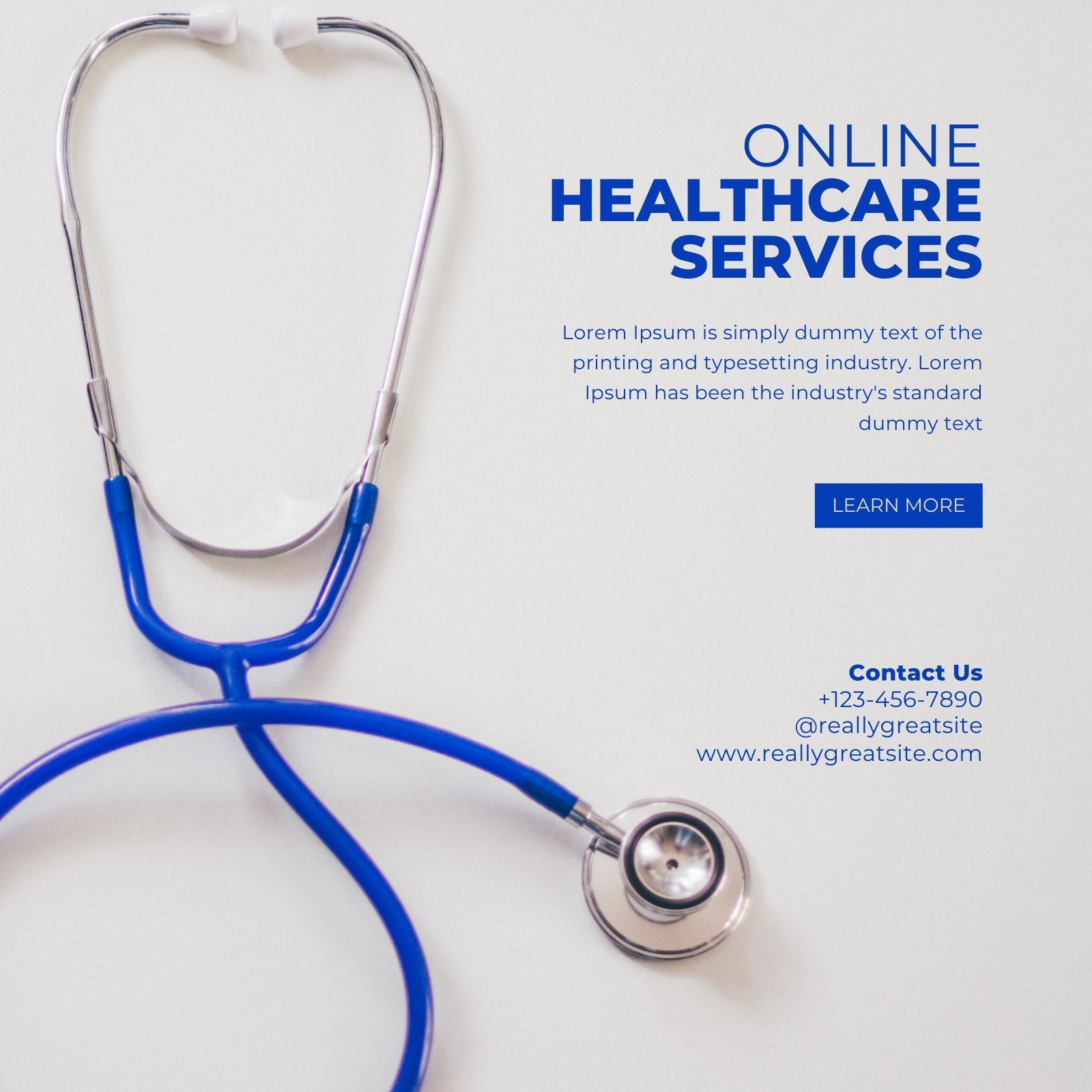A Comprehensive Guide to Subscription Based Healthcare: What You Required to Know
A Comprehensive Guide to Subscription Based Healthcare: What You Required to Know
Blog Article
Browsing the Future of Medicine With Subscription-Based Health Care Solutions
As the medical care industry progresses, subscription-based services emerge as a pivotal version guaranteeing to improve patient care distribution. The solutions to these questions might basically alter our method to healthcare.
Increase of Membership Healthcare
As healthcare systems all over the world face raising pressures from increasing prices and demand for solutions, the development of subscription-based medical care models has become a transformative trend. This ingenious strategy is disrupting standard healthcare shipment by supplying a predictable, flat-rate payment structure for medical solutions. Rooted in the concepts of attendant medication, subscription-based medical care enables suppliers to concentrate on customized client treatment while all at once managing operational efficiencies.
The increase of this design can be attributed to a number of aspects. Technical innovations have actually enabled a lot more smooth combination of care with telehealth and electronic wellness documents, helping with the scalability of membership services. Furthermore, the enhancing consumer demand for openness and predictability in medical care expenses has driven the change in the direction of this version. Subscription-based services commonly use direct access to medical care professionals, which can lower the administrative worries related to insurance cases and compensations (subscription based healthcare).
This design is acquiring grip among varied doctor, from primary treatment physicians to specialized centers, by aligning economic incentives with preventative and constant treatment. By changing the focus from quantity to value-based treatment, registration medical care has the potential to improve the landscape, cultivating a much more sustainable and patient-centered method to wellness management.
Advantages for Patients

In addition, subscription-based solutions often emphasize preventive care, urging regular check-ups and health screenings. This proactive method can cause very early detection of health concerns, possibly boosting end results and lowering long-term medical care prices for individuals. In addition, such versions typically offer transparent rates, allowing patients to better understand their medical care expenditures and prevent unexpected medical costs.
The customized nature of subscription-based healthcare also enhances person experience. People can get tailored medical care strategies that match their certain requirements, promoting a much more patient-centric technique. This personalization can lead to better client complete satisfaction and adherence to therapy strategies. Subscription solutions typically incorporate wellness programs, supporting people in keeping general health and wellness. Inevitably, these benefits jointly contribute to an extra efficient, cost-efficient, and patient-friendly healthcare experience.
Modern technology's Role in Improvement

Artificial intelligence (AI) plays a vital role in anticipating analytics, assisting in early diagnosis and customized therapy strategies. AI formulas evaluate huge datasets to recognize patterns that may be ignored by human monitoring, therefore improving clinical decision-making. Additionally, electronic health documents (EHRs) simplify individual info administration, go to website ensuring connection and comprehensibility of care across numerous services and suppliers.
Blockchain modern technology improves data security and personal privacy, vital for preserving patient count on digital systems. It enables safe and secure and transparent transactions of clinical information, making sure that sensitive details stays protected. With the combination of equipment discovering and AI, blockchain can automate complex medical care processes, minimizing administrative problems.
Considerations and obstacles
While technology thrusts the capabilities of subscription-based health care services, it additionally introduces a set of obstacles and considerations that should be resolved to make sure effective implementation. One considerable difficulty is the fair accessibility my site of these solutions. As registration models commonly rely on digital platforms, there is a threat of exacerbating the digital divide, leaving behind people without web gain access to or digital proficiency. Ensuring these services do not disproportionately profit only tech-savvy and upscale populations is critical.
Data privacy and security stand for one more critical factor to consider. Subscription-based solutions typically involve the collection and storage of large quantities of individual wellness details. Providers should abide by stringent information security policies to maintain person count on and stop unauthorized accessibility, which can bring about significant ethical and lawful consequences.
As medical care requires develop, maintaining an economical balance between membership costs and solution top quality is crucial to prevent patient discontentment and attrition. Addressing these difficulties is important as subscription-based health care solutions proceed to increase and evolve.
Future Effects for Medicine
Subscription-based health care services are positioned to dramatically affect the future landscape of medicine by improving just how treatment is accessed and delivered. These designs use the possible to equalize health care navigate to this site accessibility, supplying individuals with even more timely and tailored interventions. By leveraging modern technology, such as telemedicine and data analytics, subscription services can facilitate continuous monitoring and tailored wellness administration, thus boosting outcomes and minimizing the concern on traditional medical care systems.
As these solutions gain grip, they might boost a change towards preventative care, stressing the value of early discovery and administration of chronic problems. This proactive approach may eventually lower healthcare costs by minimizing the demand for expensive treatments arising from late-stage illness monitoring. Moreover, subscription designs use a scalable service to attend to variations in medical care access, especially in underserved or rural populations.
However, the transition towards subscription-based designs demands resolving ethical and governing factors to consider, consisting of data personal privacy and equitable access. As the market progresses, collective initiatives in between policymakers, modern technology designers, and health care service providers will certainly be vital to developing robust structures that protect patient passions while cultivating advancement. Eventually, these services guarantee to contribute substantially to an extra efficient, patient-centered health care environment.

Final Thought
Subscription-based healthcare services stand for a considerable development in the clinical field, offering foreseeable expenses and individualized treatment that boost access and focus on preventive actions. As the healthcare landscape evolves, subscription models are poised to play an essential duty in forming the future of medicine.
As the medical care sector advances, subscription-based services emerge as a critical model promising to improve patient care distribution.As health care systems around the globe face raising stress from increasing prices and demand for solutions, the introduction of subscription-based healthcare versions has actually arised as a transformative pattern (subscription based healthcare).With the rise of subscription-based healthcare designs improving traditional health care distribution, people are starting to experience considerable benefits from this innovative technique. As health care requires develop, preserving an affordable balance between registration charges and service high quality is crucial to stop person dissatisfaction and attrition.Subscription-based healthcare solutions are positioned to significantly influence the future landscape of medicine by reshaping how treatment is accessed and provided
Report this page